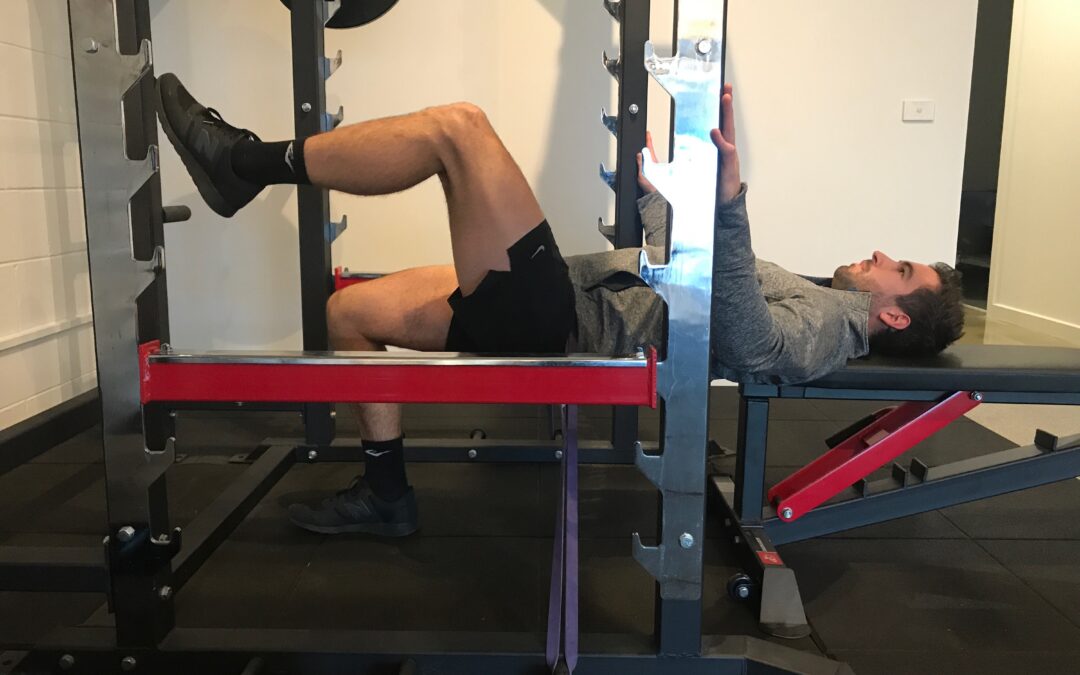Exercise Physiologist are allied health professionals that specialise in the delivery of exercise for a number of specific conditions and pathologies including:
-Musculoskeletal injury prevention and rehabilitation.
-Prevention and management of Chronic Diseases.
-Functional Neurological recovery post onset of disease or injury.
-High Performance Strength and Conditioning.
- Musculoskeletal Injuries
Many factors need to be considered when assessing and prescribing appropriate exercise to prevent injury and promote optimal rehabilitation. Exercise Physiologist’s possess the skills to breakdown biomechanical deficiencies in movement. Repetitive, poor movement habits can significantly affect the body’s healing process as well as create new injuries. An Exercise Physiologist will prescribe appropriate movement and loading techniques to promote rehabilitation, reduce the chance of re-injury and most importantly, improve performance.
- Chronic conditions
Exercise Physiologists specialise in the prevention and management of many chronic conditions such as Diabetes, Hypertension, Chronic heart disease and Osteoarthritis.
An Exercise Physiologist will tailor a safe and progressive exercise program specific to individual needs and goals. Treatment will also involve addressing key lifestyle risk factors and promotion of self-management, ultimately increasing the overall health of a client.
- Neurological Injuries and disease
Through task-specific exercise programming, an Exercise Physiologist can assist with the management and recovery of many Neurological injuries and diseases such as Spinal Cord Injury, Acquired Brain Injuries, Multiple Sclerosis, Parkinson’s Disease, Stroke and Cerebral Palsy. Whole body, functional exercises can assist in restoring motor and sensory function post neurological injury or disease. An Exercise Physiologist will also look into strategies to promote independence and the completion of daily activities.
What’s the difference between a Physiotherapist and an Exercise Physiologist?
Physiotherapists diagnose musculoskeletal injury as well as perform hands on manipulation based therapy, commonly assisting patients in the early stages of rehabilitation. Exercise Physiologists assess health status through appropriate testing and prescribe functional whole body programs focussed on individual needs specific to both musculoskeletal injuries and chronic conditions. Exercise Physiologists complement the work of a Physiotherapists and vice versa.
Patients with Private health funds may be covered for Exercise Physiology, ensure to check with your private health provider.
If you would like any further information on Exercise Physiology or would like to make a time to see our Exercise Physiologist, please email [email protected] or book online.
